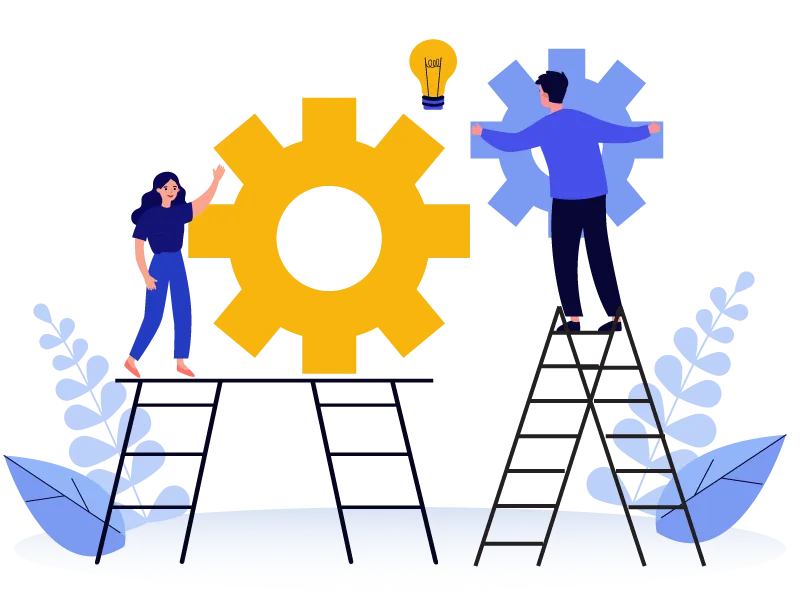Systems are more potent than good intentions …
Sociocracy is wonderful.
“Sociocracy For All” is a wonderful and generous concept that I fell in love with.
This reminds me about the experiences I had over time with my girlfriends.
I fell in love a few times …
And each time, after a while, I discovered that love was not enough to keep us together.
It also remind me of this quote:
“It was then, as a young teenager, that I understood that systems are more potent than good intentions. In order to be who we want to be, we need systems around us that support our integrity, best intentions and allow for us to act accordingly. That’s what governance is.” (WDWD)
It seems that to have a good partnership, good intentions are not enough.
What should we do in such a situation?
I guess we already have good intentions …
If we are not afraid, let’s optimize “the system” from inside.
Sociocracy is almost perfect. People are not.
Let’s offer people the opportunity to expose themselves to more social experiences.
Experiences are those who make the progress possible, or not?
“The biggest points of improvement are integrating objections, and experience on how to not get sidetracked […]” (WDWD)
Sharing opinions and receiving feedback are some good ways to experience new situations. Do we practice these enough?
“In my experience, a commitment to feedback is the hardest principle for people to stick to – they’d rather avoid it. That’s why it’s good to not only stick to the processes but also, from time to time, renew our commitment to taking in feedback. Feedback is a way to smoothen our collaboration and to re-align ourselves with each other and our new members […]” (WDWD)
In fact, in sociocracy “we refer to input – transformation – output as understand – explore – synthesize in certain phases of decision making.” (MVOS)
Below you have more details about this process, from MVOS:
Understand: the input step is to understand what needs to be understood. What information do we have and how do we interpret it? What needs are there to consider?
Explore: the explore phase is when we consider wider input, gather ideas etc. This is the generative phase of group processes.
Decide: the decide phase is where we make sure we have a result from our process. A decision does not have to be a final decision – it can just be synthesis that we agree on, for example, a statement describing an issue or a co-created list that serves as input for the next phase.
What’s the point?
Well, if we want to have “good enough” results, we need to understand and to explore. This is valid both in love and in sociocracy.
When the system avoids enriching itself with new ideas, it risks becoming obsolete and no longer serving the purpose for which it was created.
So, in order to enjoy our “love relationship” with sociocracy, we have to keep the system flexible and functional, allowing the words to flow back and forth, gathering and analyzing feedback and optimizing decisions to get better and better results. Or not?
You already know that what I’m saying is just my voice and that it doesn’t represent anyone else, right?
Adrian, your friend.
